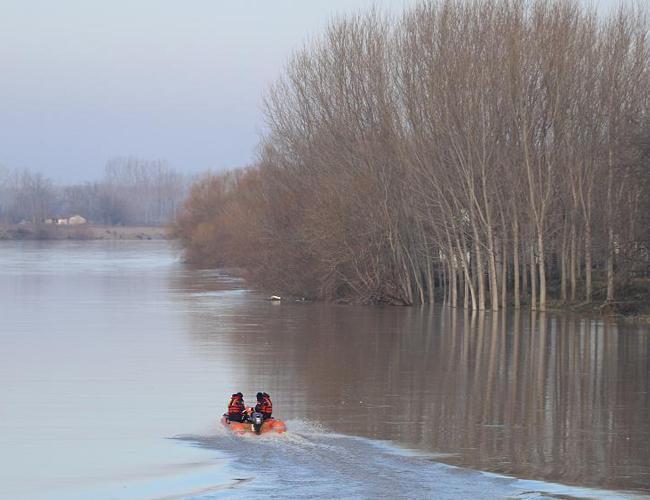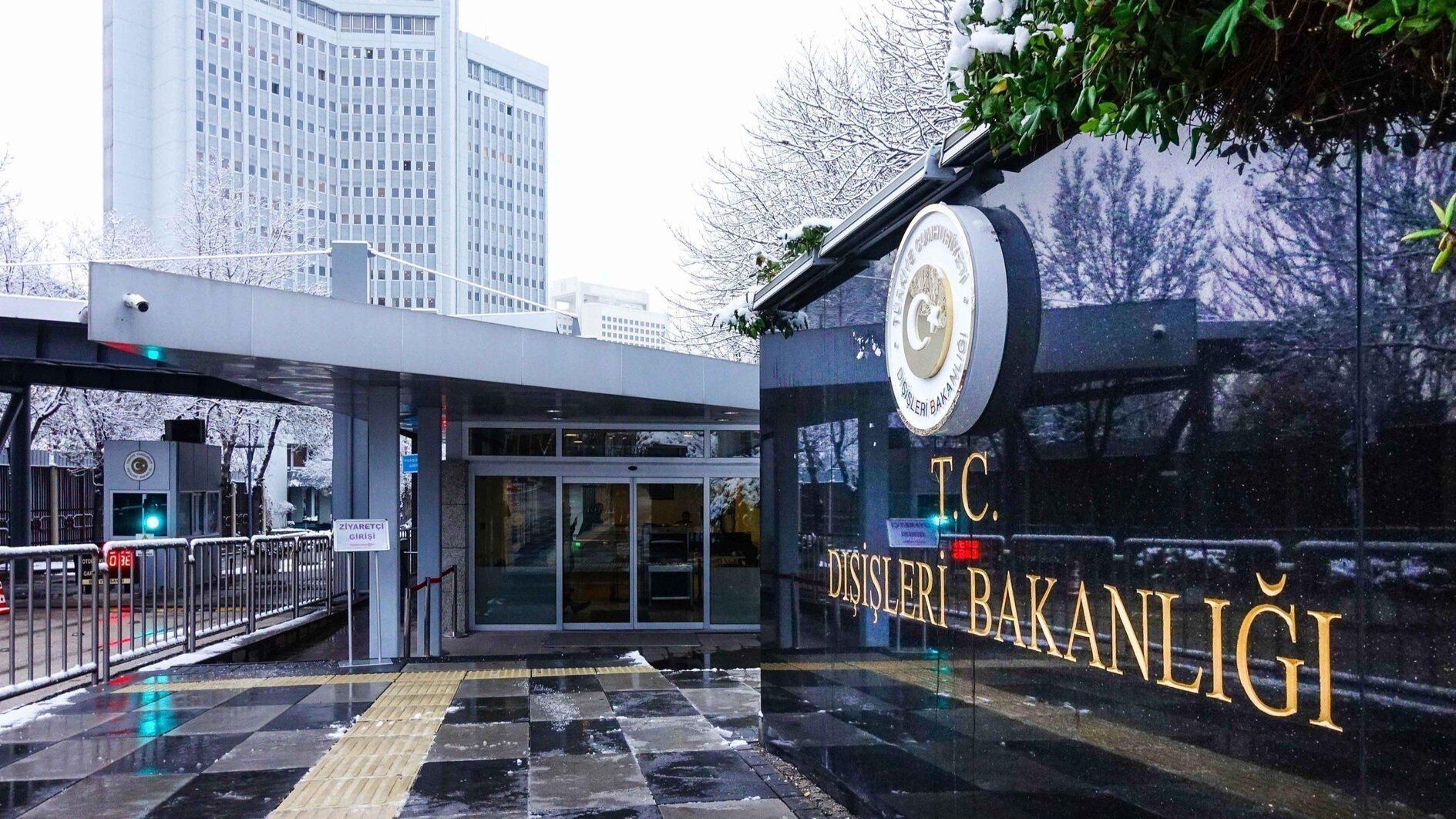Three dead found on Greece-Turkey border had throats slit
ATHENS- Agence France Presse

Three women found dead on the Greece-Turkey border earlier this month were a mother and two daughters whose throats were slit after they were tied up, a Greek police source said on Oct. 26.
Three women found dead on the Greece-Turkey border earlier this month were a mother and two daughters whose throats were slit after they were tied up, a Greek police source said on Oct. 26.
The bodies were found on October 10 near the River Evros (Meriç) between Greece and Turkey, an area that is a major crossing point for refugees and migrants trying to get into the EU.
Authorities are still investigating what happened to the three women of Asian origin although Greek media has reported they may have been killed as a “punishment” by migrant traffickers.
“The women were forced to kneel down before they had their throats slit, which could evoke images of some kind of jihadists, but for now nothing is being excluded,” the police source said.
“It is without precedent in the country’s history, it’s a mystery.”
The latest results of the investigation confirmed the victims were a mother around 35 years old and her two daughters, 17 and 15.
They are believed to be Asian but neither their nationality or identity have been confirmed.
The medical examiner found the mother managed to untie herself to try to defend her daughters.
It was not immediately clear whether they were migrants or refugees. No family has reported their disappearance as often happens with relatives of migrants trying to make the crossing through this area into EU-member Greece.
The bodies were found by a farmer in a field on the banks of the Evros (Meriç), where increasing numbers of migrants and refugees are seeking to cross following a border crackdown by eastern European states.
Twelve people drowned in the river between January and July, according to Greek authorities.
According to Greek police data, over 8,400 migrants and asylum seekers were arrested on the border in the first six months of this year, compared with about 1,600 in the same period a year ago.
















